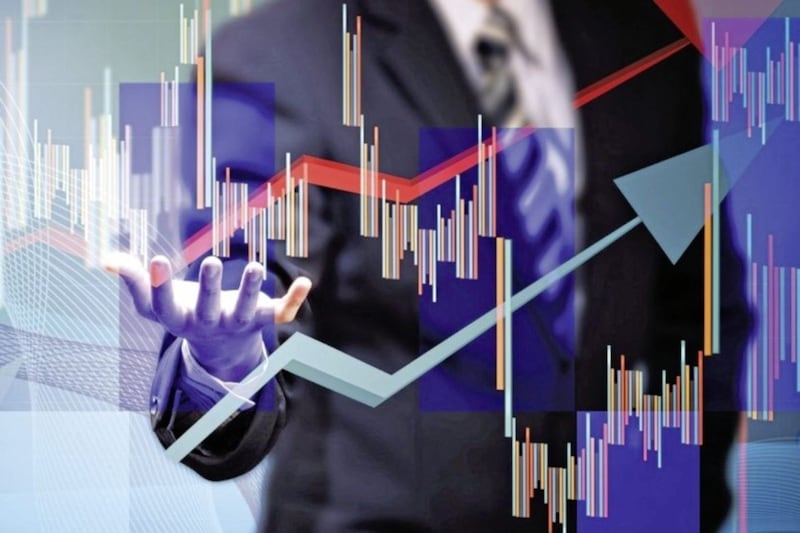TWO weeks ago, all attention was focussed on the emergence from Covid and the increasing focus on inflation. But lot can happen in that time, and the shocking invasion of Ukraine by Russia, despite the warnings, still came as a huge shock and the tragedy is now unfolding across mainstream and social media.
There has been an immediate and significant impact on stock markets around the world. Last week saw European markets plunging – the Euro Stoxx index fell by 10.44 per cent, the FTSE 100 was down by 6.71 per cent and the S&P 500 was down by 1.27 per cent.
Since the beginning of the year the Euro Stoxx is down by17.27 per cent, S&P 500 by 9.18 per cent and the FTSE 100 by 5.38 per cent. It's a grim picture, just as hope was rising that we have started to see a return to normality after the last two years.
There has been a strong reaction to the war in Ukraine. Many western companies have closed down operations in Russia and by the end of last week all 36 Russian companies listed on the London Stock Exchange had been suspended. Index providers also removed Russian stocks from global indices. There are still some stocks which have close ties with Russia but to a large extent they are being shunned.
However, the most obvious and immediate impact of the invasion is on the oil price. In everyday life this is apparent, with petrol and heating oil seeing a sharp escalation; unsurprising since the price of oil has shot up to a 30 year high.
The worry is that this will boost inflation, but history tells us that this is not always the case although the obvious exception here is the oil crisis of 1973. The countries to feel the impact most are those who are heavily dependent on Russian gas, these are in the main Eastern Europe, but Germany relies on Russia for a significant proportion of its gas too.
The immediate – and understandable – reaction to such events is to contemplate selling everything as markets fall. However, this has rarely proved to be the most prudent course of action and carries with it a high risk of when to get back in.
The Gulf War in 1991 is a prime example of this. Six months on the S&P500 was up over 22 per cent. The current situation is likely to result in a period of volatility (we have already experienced this over the past 10 days of course) and this does give rise to opportunities.
There are likely to be changes to the economic and investment landscape over the medium term: the reduction by Europe on Russia for energy for example, which could lead to an acceleration in the green transition and European defence spending will rise too.
The clear message is not to panic out of the market, but to use the volatility as an opportunity and the market will recover; after all it is well proven that the most significant influence on global markets is not a geopolitical event, but economic fundamentals.
:: Cathy Dixon is a partner at the Belfast office of Smith & Williamson Investment Management. This article does not constitute a recommendation to buy or sell investments and the value of any shares may fall as well as rise.








